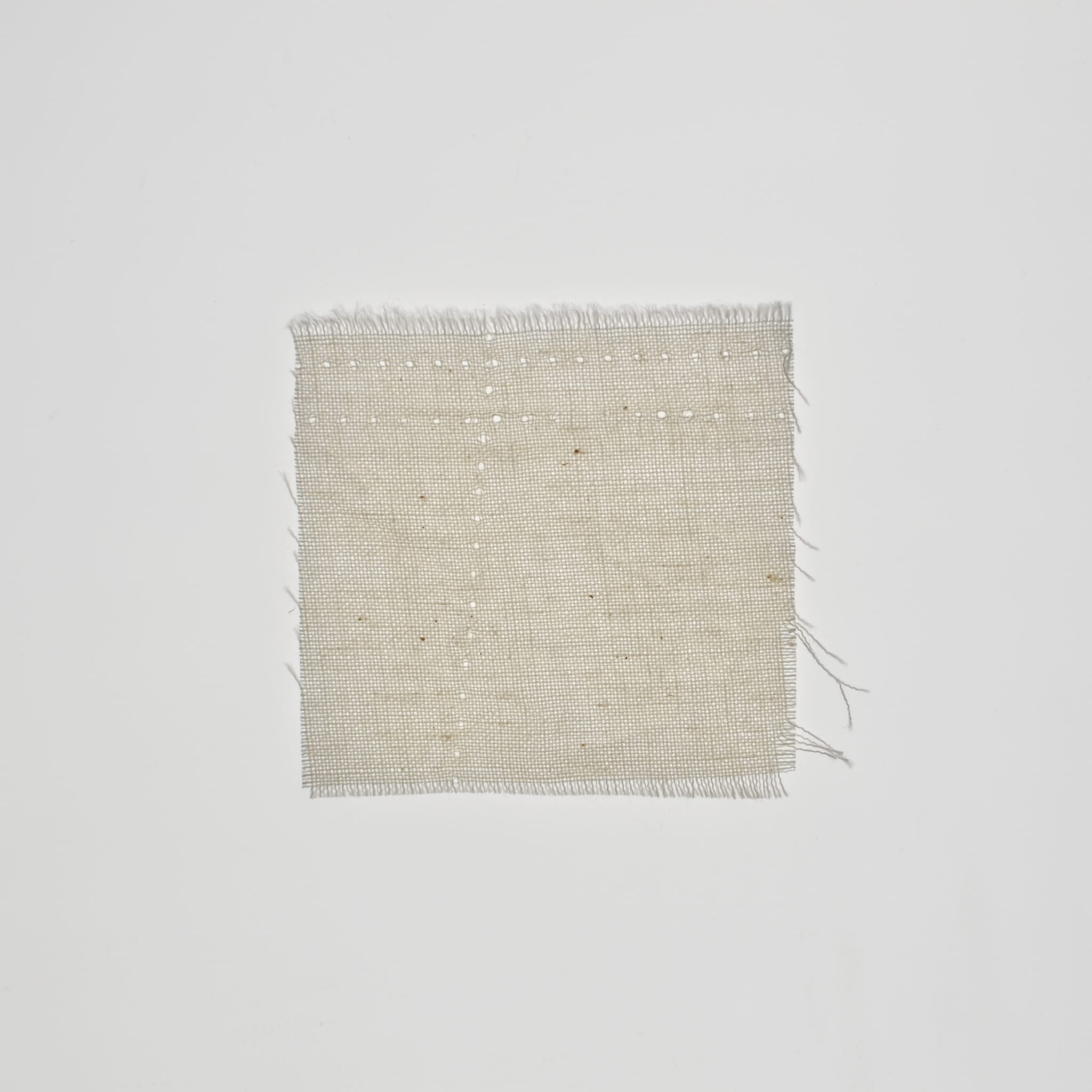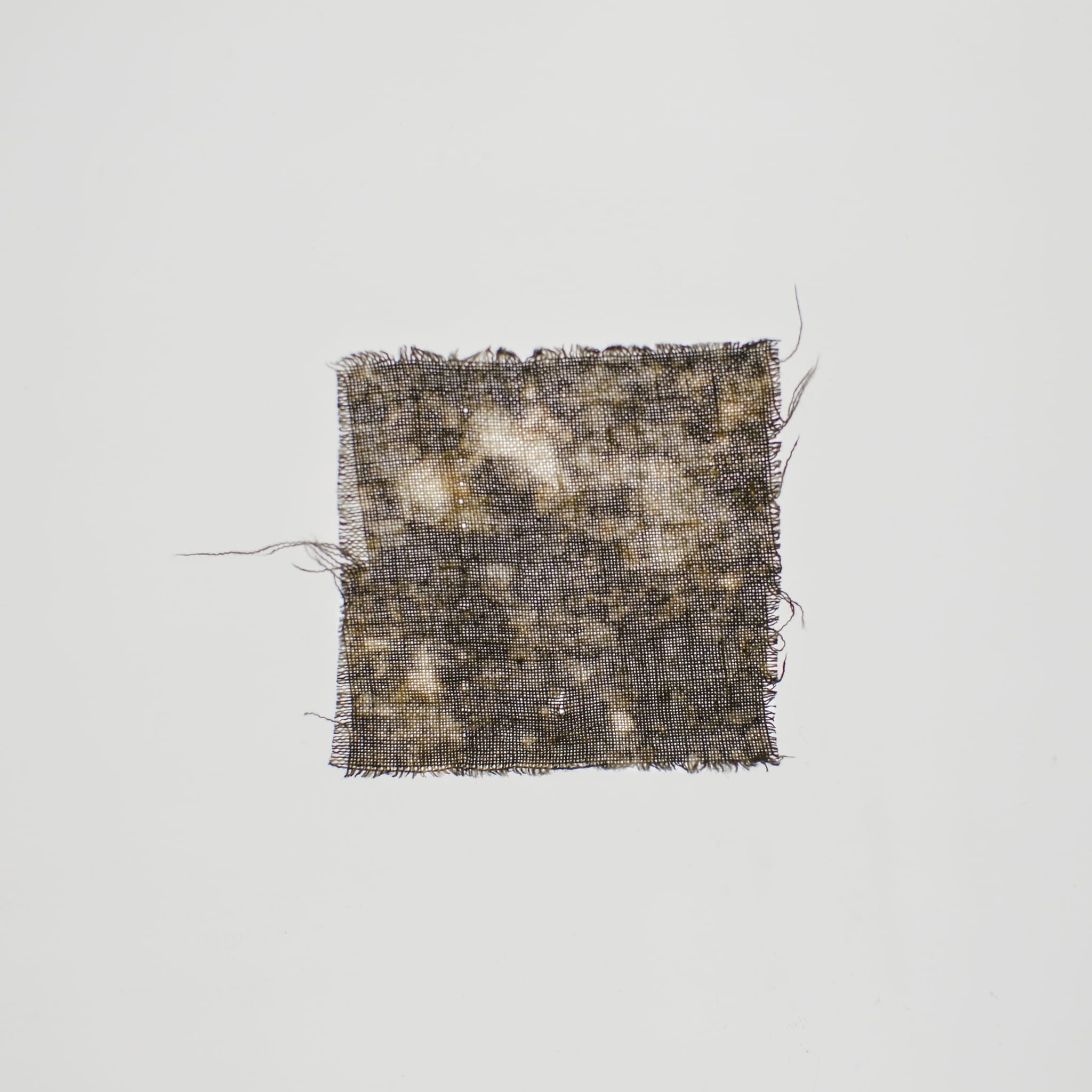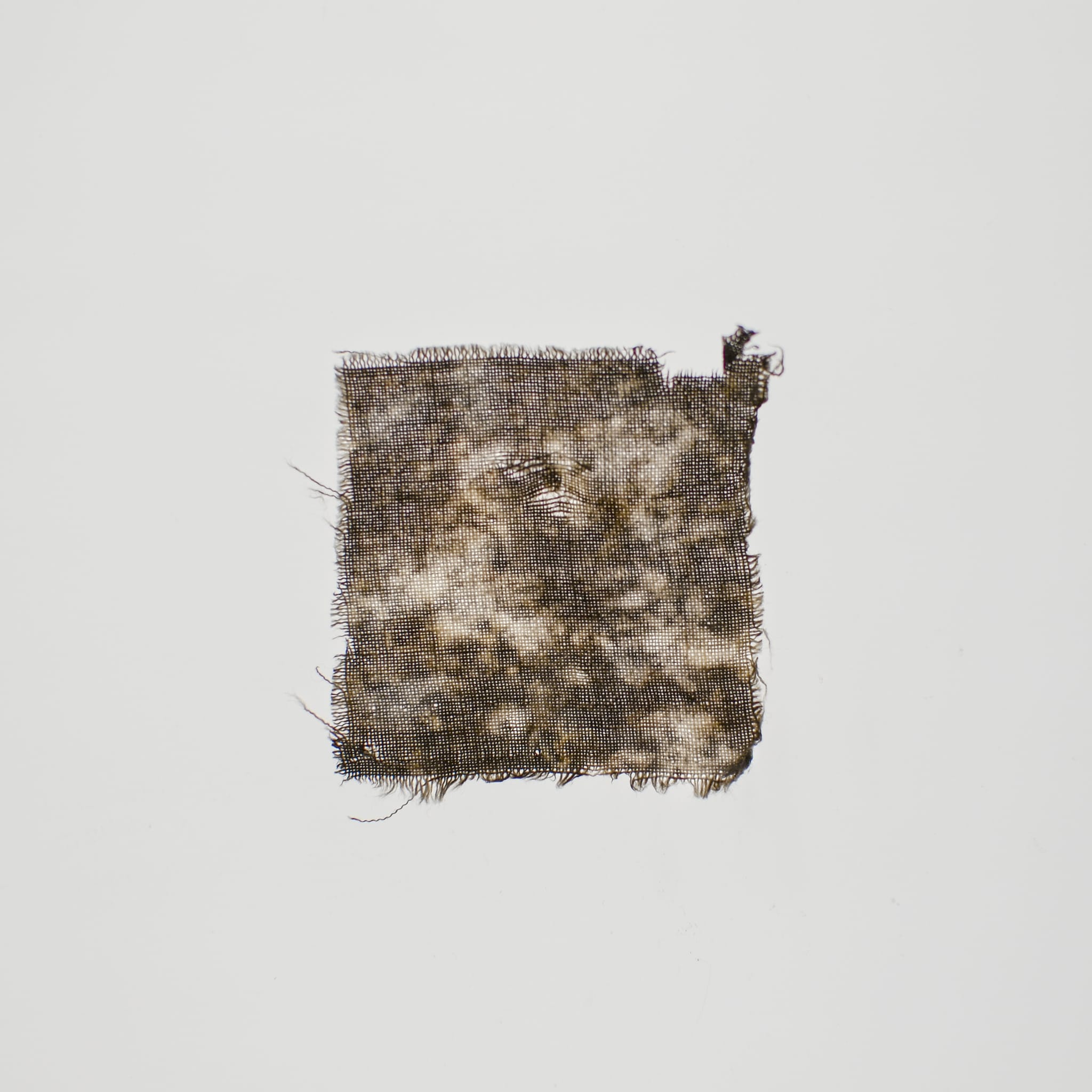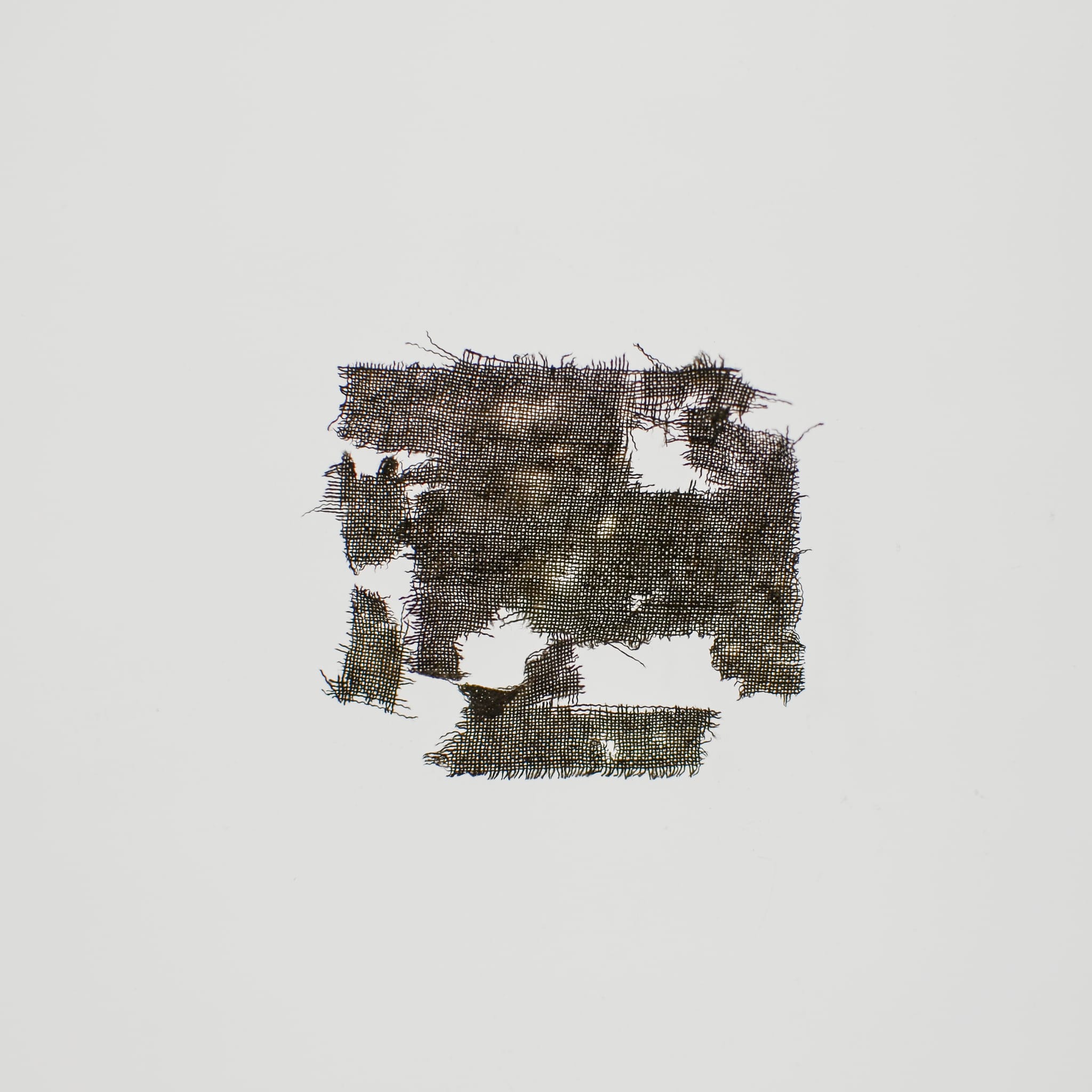ID:Cotton 01
Start Date:2021 - 2021
Material:100% Cotton
Fibre:Natural Cellulosic
Temperature:29°C
Sample Size:50x50
Notes:
Original colour: Ecru
Light-weight, unbleached cotton, GOTS certified, license number CERES-074
More about Cotton:
By far the most recognised and widely accessible plant-based fabric, cotton is soft, breathable, and highly absorbent. It is estimated that around 75% of world's clothing products contain some amount of cotton. The fabric's fibres grow in a boll - the part of the cotton plant with fluffy fibres and the seedpod. The resulting fibre and is almost pure cellulose, making it soft and fluffy.
The processing is not as labour intensive as with bast fibres (linen etc.), though growing cotton is very water intensive and requires a lot of land. Currently it is the cheapest natural fibre to produce, which often lends to exploitative practices in its supply chain.
Properties:
What makes cotton so desirable, other than its low cost, is its ease of processing and its proprieties. It has excellent moisture wicking properties, meaning that it absorbs water well, but it also dries quickly. Other than that, it's soft to the touch and drapes well, making it a favoured material for clothing.
Decomposition:
Unbleached and undyed organic cotton decomposes fast in mature compost in 29°C, over 4 weeks. What's obvious during the process is the staining of the fabric that occurs, because of the presence of pigmented bacteria and fungi, as well as the pigments from microbial decay. The structure of the fabric weakens significantly from week 2 onwards, resulting in strong fragmentation around week 3.
Organic, unbleached, and undyed cotton fabric should be safe for home composting.



